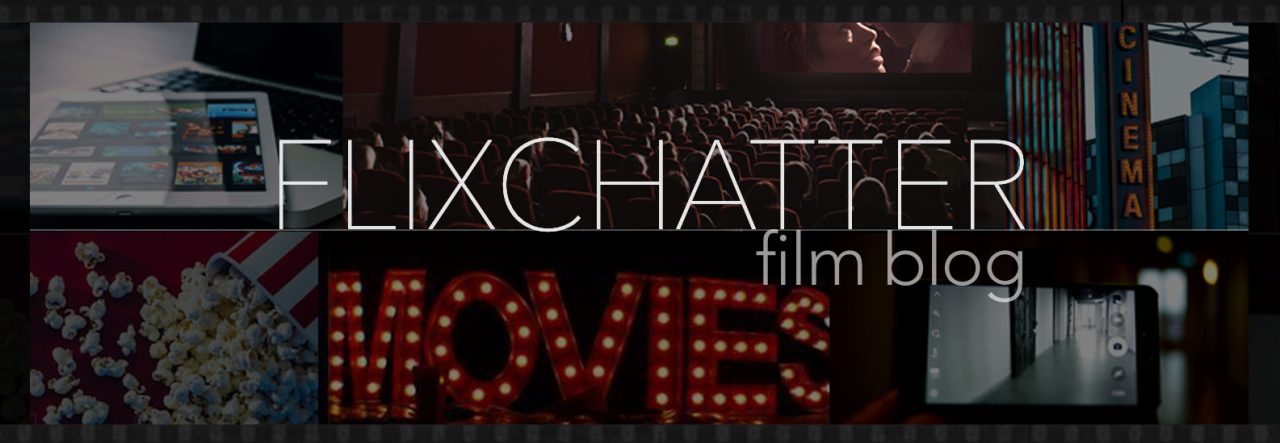As a tribute to RTM’s recent post about ‘writer’s block’, and the fact that Daniel Day-Lewis is reprising the role of Guido in the film version of the revived musical NINE (out on Christmas Day), I thought it would be fitting to do a review of a classic film that delves into the depths of creative paralysis or artistic block. In 1963 Federico Fellini wrote and directed what many consider to be his greatest work, 8½.
 The film figuratively and literally centers around famed film director Guido Anselmi (Marcello Mastroianni) who has the tedious task of creating another successful film, implied as a science fiction story with a million dollar set-piece – a rocket launch pad in the Italian countryside. Unfortunately, life and love’s pressures (as well as the movie business) has rendered him impotent of any creative force or passion. As he struggles and juggles with all the role players in his life (mistresses, wife, writers, friends, producers, actors, film crew, even the catholic church), he retreats into his own dream world/fantasy in search for inspiration and meaning. His reality meshes with dreams, nightmares, fantasies, childhood memories – often losing himself in them. One glimmer of hope emerges, in the form of purity, embodied by the beautiful Claudia Cardinale – a recurring vision in his jumbled reality.
The film figuratively and literally centers around famed film director Guido Anselmi (Marcello Mastroianni) who has the tedious task of creating another successful film, implied as a science fiction story with a million dollar set-piece – a rocket launch pad in the Italian countryside. Unfortunately, life and love’s pressures (as well as the movie business) has rendered him impotent of any creative force or passion. As he struggles and juggles with all the role players in his life (mistresses, wife, writers, friends, producers, actors, film crew, even the catholic church), he retreats into his own dream world/fantasy in search for inspiration and meaning. His reality meshes with dreams, nightmares, fantasies, childhood memories – often losing himself in them. One glimmer of hope emerges, in the form of purity, embodied by the beautiful Claudia Cardinale – a recurring vision in his jumbled reality.
The film seamlessly veers from Guido’s reality to his fantasies/memories/dreams and vice versa as he is trying to piece together an unrealized film. At first viewing (for those unfamiliar with Fellini) it is disorienting to move from one cinematic reality to the next – but with subsequent viewings, the sections actually form a structure a la verse-chorus-refrain, etc. Shot in black & white, it is very stylish in its cinematography. As with most Fellini films, the dialogue is dubbed in post production – something Fellini considered as part of his art form. The actors would mouth or say lines not necessarily matching the lines of the dubbed track. In other words, the dialogue isn’t finalized until they are dubbed. The flatness of the audio track in sequence with the visuals add that “foreign film” and “independent” flavor I suspect is a factor in its mystique.
While abound with surreal images and sequences (many of which remind me of Magritte and some of Maya Deren’s experimental work), the film also has an abundance of very poignant vignettes of Guido’s childhood, reportedly inspired by Fellini’s own experiences. There is a scene in which a very young Guido is bathed and put to sleep with his brothers and sisters and the words “Asa Nisi Masa” are introduced, that is so tender and nostalgic that there is little doubt this particular event originated from a real memory. Fellini would revisit these memories in Amarcord years later.
The title refers to the number of films Fellini has made up to that point – which is 7 full length features (including 8½) plus 2 short films. The film divided critics back in 1963, but it went on to nab Oscar’s® Best Foreign Film which is one reason it’s found life on the shelves since the heyday of the video rental store. Though quite arty for most people, more literal remakes have been based on 8½, most notably Bob Fosse’s All That Jazz (1979), and Tom DeCillo’s Living in Oblivion (1995). But if ever there was a film that accurately and interestingly depicted a good example of a director’s (or any artist’s) creative process, this is it.
Check out the original trailer for 81/2:
